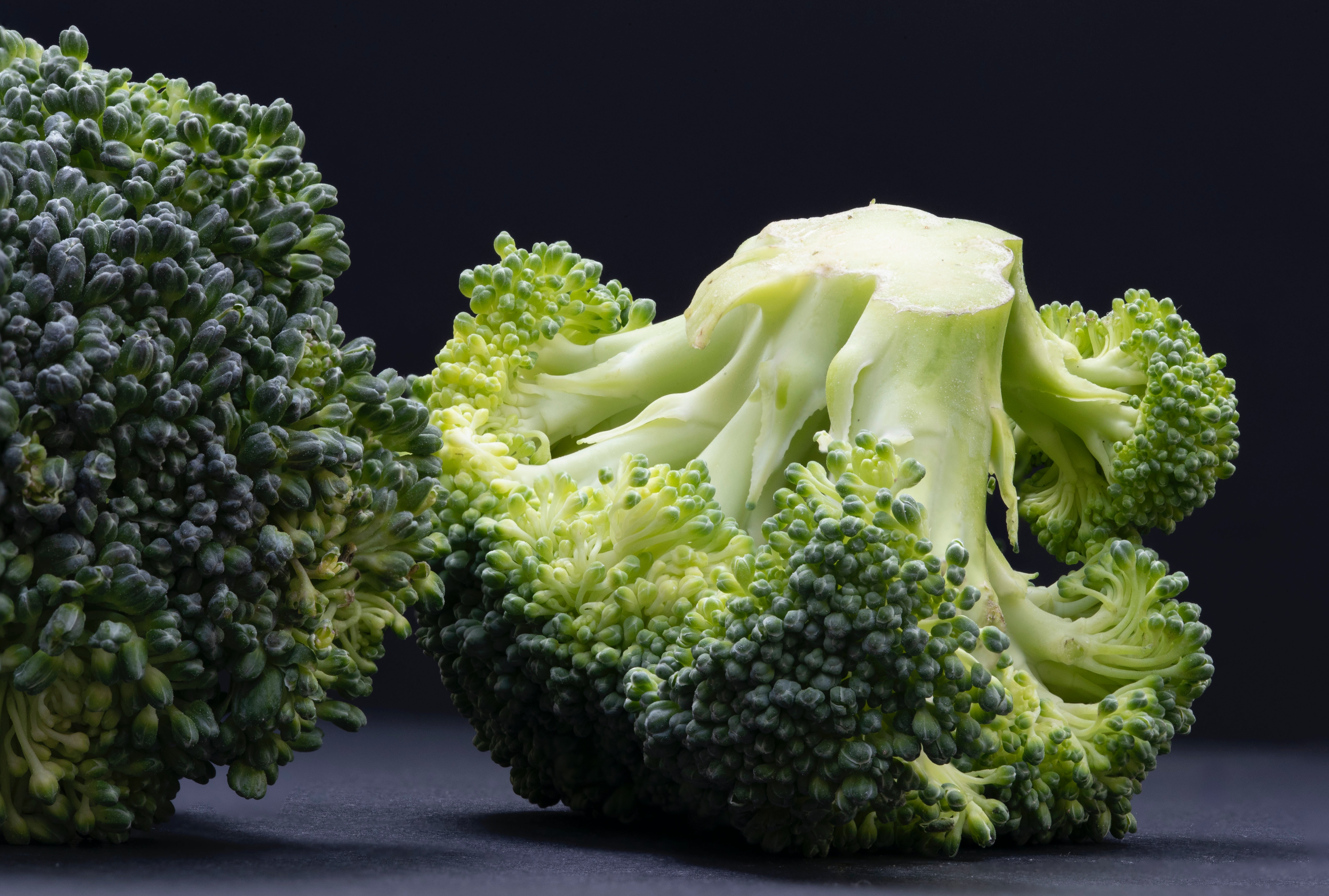Green vegetables such as broccoli, cauliflower, cabbage, and Brussels sprouts are all members of the cruciferous family of vegetables. It has a distinctive appearance with a green stem covered in clusters of tiny, closely spaced green flower buds. The world over, broccoli is a popular and healthy vegetable that is consumed in many different ways.
Here are some of the potential health benefits of broccoli for human health:
Nutrient-Rich:
The essential nutrients found in broccoli include the vitamins C and K, folate, fiber, and minerals like calcium and potassium. Additionally, it contains plenty of antioxidants like sulforaphane, which may aid in preventing oxidative stress on cells.
Cancer Prevention:
According to some studies, the constituents of broccoli, especially sulforaphane, may have anti-cancer properties. They could aid in lowering the risk of developing certain cancers, such as breast, prostate, and colon cancer.
Heart Health:
Broccoli has antioxidants, fiber, and potassium, all of which can benefit heart health. While potassium helps control blood pressure, fiber lowers cholesterol levels. Broccoli’s antioxidants can also lessen oxidative stress and inflammation in the cardiovascular system.
Digestive Health:
Broccoli’s fiber can help with digestion and support a healthy gut. It might support a healthy gut microbiome and aid in preventing constipation.
Bone Health:
Calcium and vitamin K, both of which are crucial for maintaining strong and healthy bones, are both found in abundance in broccoli. Vitamin K can lower the risk of fractures and is essential for bone metabolism.
Weight Management:
Broccoli is a filling and healthy addition to a weight management diet because it is low in calories and high in fiber. Its fiber content can aid in appetite regulation and encourage a sense of fullness.
Eye Health:
Lutein and zeaxanthin, two antioxidants that are good for eye health, are found in broccoli. They might lessen the chance of cataracts and age-related macular degeneration.
Immune Support:
A strong immune system depends on broccoli’s high vitamin C content. It can aid the body in warding off diseases and infections.
Detoxification:
Sulforaphane, one of the compounds found in broccoli, is thought to support the body’s natural detoxification processes by aiding in the removal of harmful toxins and chemicals.
It is important to remember that consuming broccoli as part of a balanced and varied diet will maximize its health benefits. The nutritional value of food can also be impacted by the cooking process; steaming or microwaving are healthier cooking methods than boiling because they preserve more nutrients.
The health benefits of broccoli may vary from person to person, but including this nutrient-rich vegetable in your diet can help you live a healthier lifestyle and improve your general health.
Here you will find information about how to grow broccoli at home.
The photo is from unsplash.com



